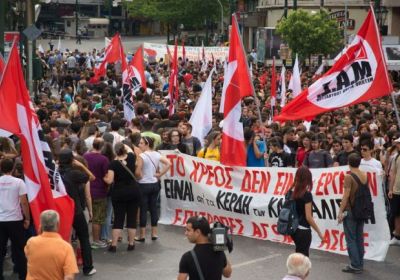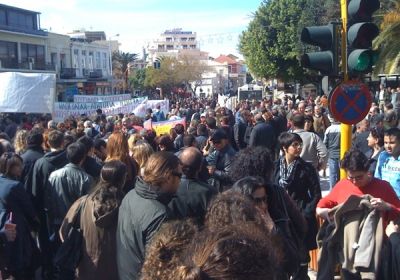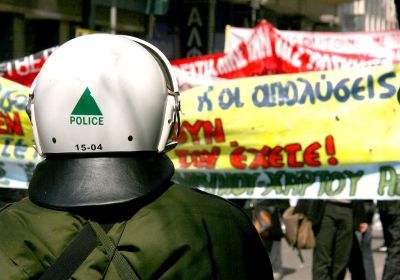
The euro will survive for now — but only because working people in Greece and other European countries face greater suffering. That’s the not-so-hidden agenda behind the new US$227 billion bailout of Greece organised by the most powerful countries of the European Union, mainly France and Germany.









